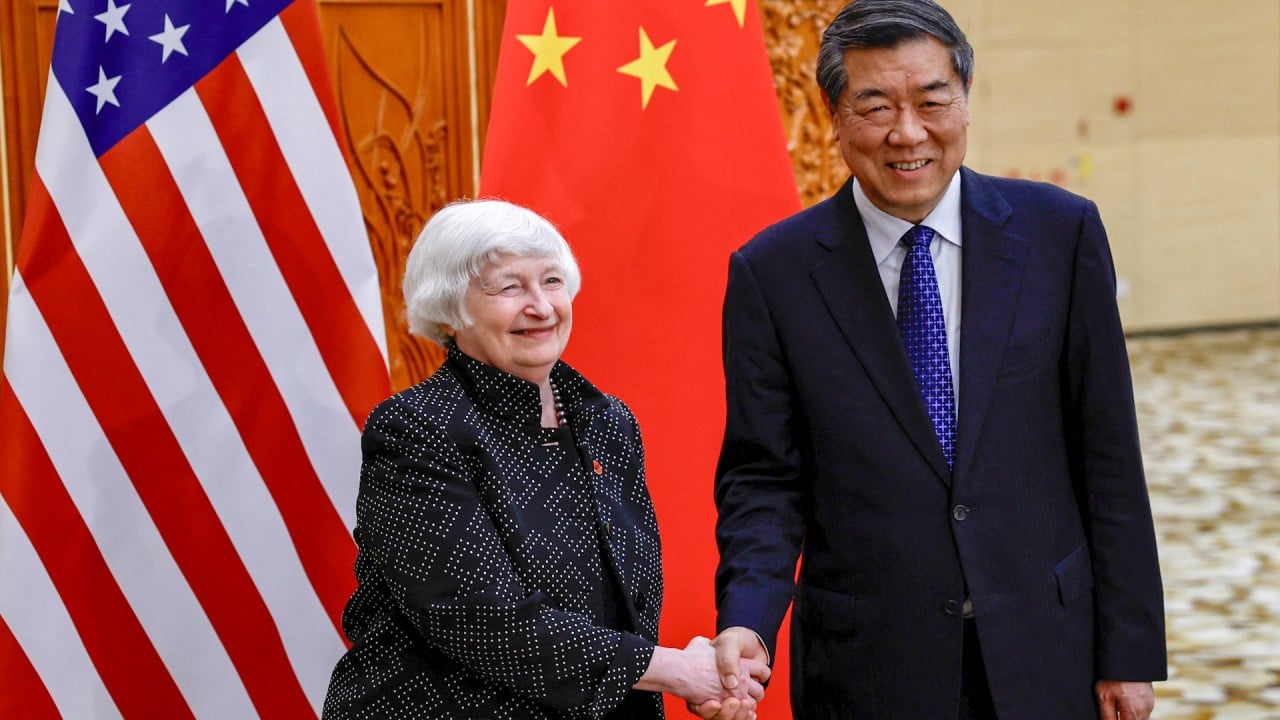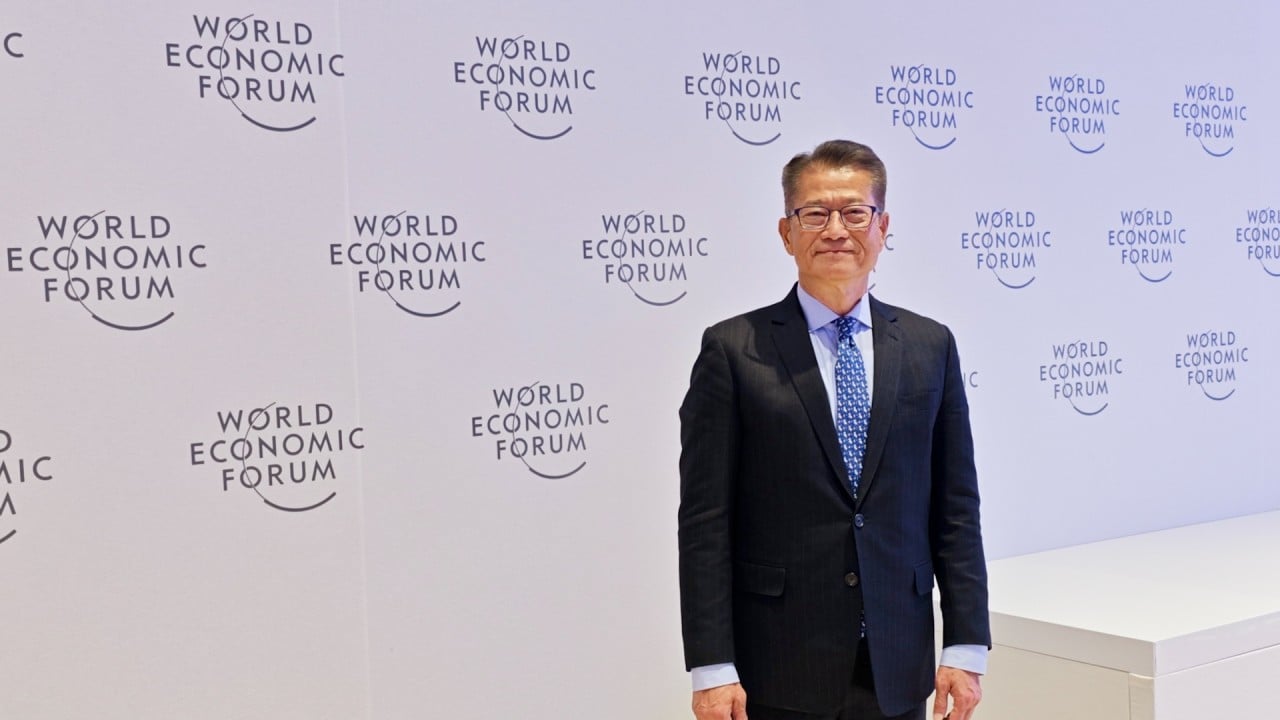
How to protect global free trade from misguided US nationalism
- Globalisation didn’t hurt US jobs, contrary to what American politics would have you think
- Still, in a fractious era of more trade barriers, economies like Hong Kong can contribute to seamless global trade by adopting digital documentation
The move towards free trade has been a catalyst for many countries to increase export income, reduce poverty and raise living standards. The Asian manufacturing export model is testimony to how trade opening has helped reform and open up Asian economies to greater income, trade and investment. Globalisation arose from the ability of developing countries to access advanced markets and trade with each other.
Even before Trump withdrew from the Trans-Pacific Partnership in 2017, there were rumblings in the US that globalisation was hurting domestic jobs. Yet, a 2024 analysis by Georgetown University’s Lab for Globalization and Shared Prosperity shows that the US’ current nationalistic tendencies are based on outdated information.
This focus on services would also be consistent with the observations of economist Richard Baldwin about where global trade is heading: whereas trade in goods seems to have peaked, growth is coming from services.
Indeed, lots of jobs could come from digital services and trade, through small and medium-sized enterprises. This is why negotiations at the World Trade Organization cover how to protect international trade for SMEs.
What emerging markets fear is that the advanced economies like the US and EU are imposing more and more tariffs or barriers on trade, including sanctions on payments after the Ukraine war.
Indeed, there is Congressional disquiet that US Trade Representative Katherine Tai has turned away from long-standing US policy supporting digital trade, which affects the WTO talks on digital trade governance, and that she has shown little interest in seeking more market access abroad for US trade.
Since SMEs account for about 90 per cent of businesses and more than half of all jobs in the world, as well as 40 per cent of GDP in emerging markets, it is in the interests of all countries to use trade to support SMEs. Central banks are aware that there is considerable scope for reducing the cost of foreign exchange payment services for SMEs, as these can be as much as 5-7 per cent of small payments.
However, what is more important is to use digital documentation in both banking and trade, including customs and logistics, to eliminate huge inefficiencies arising from obsolete paper forms and legal rules.
Many economies and countries can use digital documentation to transform global trade by enhancing efficiency, transparency and security, reducing business costs and facilitating seamless global transactions. Cross-border trade is slowed by traditional trade processes which require paper documentation and certification, adding to costs and delays in trade and payments.
Singapore has created a TradeTrust system that facilitates the secure and efficient exchange of trade-related documents by leveraging blockchain technology. This can convert paper bills of lading into electronic bills so there is seamless monitoring of trade and payments.
Digital trade documentation can upgrade infrastructure for trade and payments, improve monitoring and security, and ensure that trade, finance and logistics personnel become skilled in digital services.
A push for such digital infrastructure would ensure governments coordinate the rules, regulations and practices (such as customs, tax and security) that stand in the way of digital trade for all.
International trade and financial centres should adopt digitisation to reduce administrative burdens, and improve overall efficiency and security, to comply with the highest international standards.
After all, with full digitisation, cheaper and more efficient trade finance can be provided for SMEs, especially by using digital tokens for collateral against financing. SMEs would be able to manage their cash flow, while monitoring in real time how goods and services are being delivered.
In this age of rising protectionism, staying on top of the growing sanctions and barriers requires economies, companies and stakeholders to contribute to more resilient supply chains. Digital trade infrastructure is no longer a luxury but a strategic necessity.
The IMF estimated that increasing fragmentation of global trade could cost the world up to 7 per cent of global gross domestic product over the long term.
If we believe that trade is good for jobs and that environmental, social and governance practices help address planetary concerns, then digital trade infrastructure will lock trading nations into partnerships, so they are less likely to fight and disrupt each other.
Andrew Sheng is a former central banker who writes on global issues from an Asian perspective



